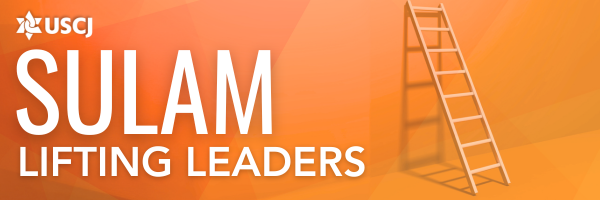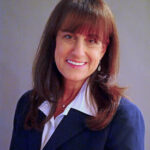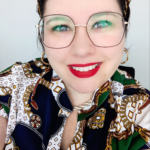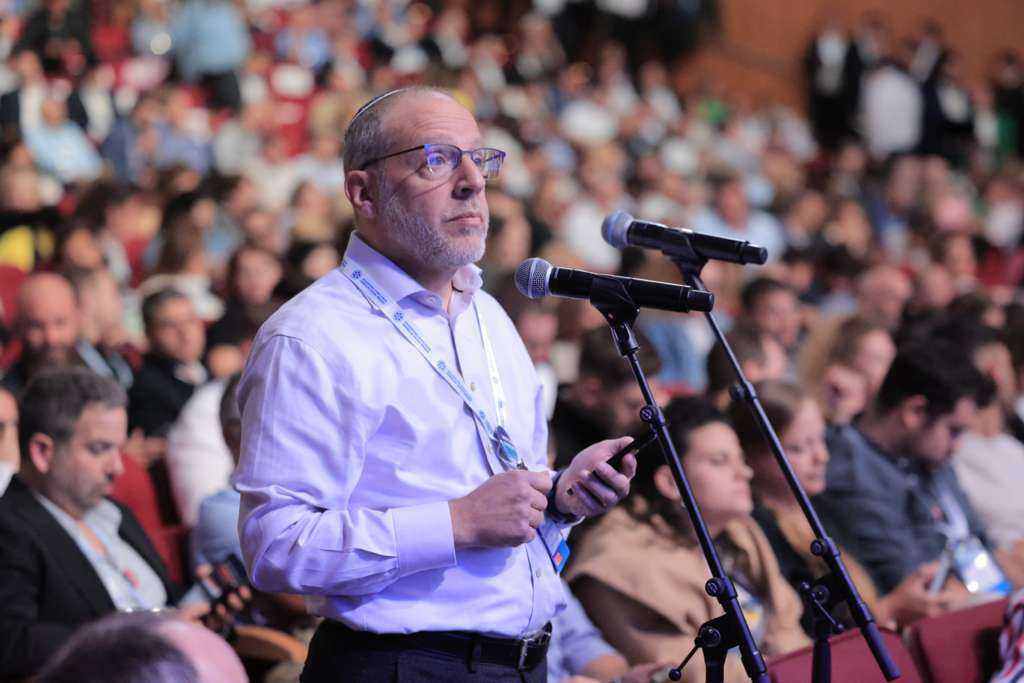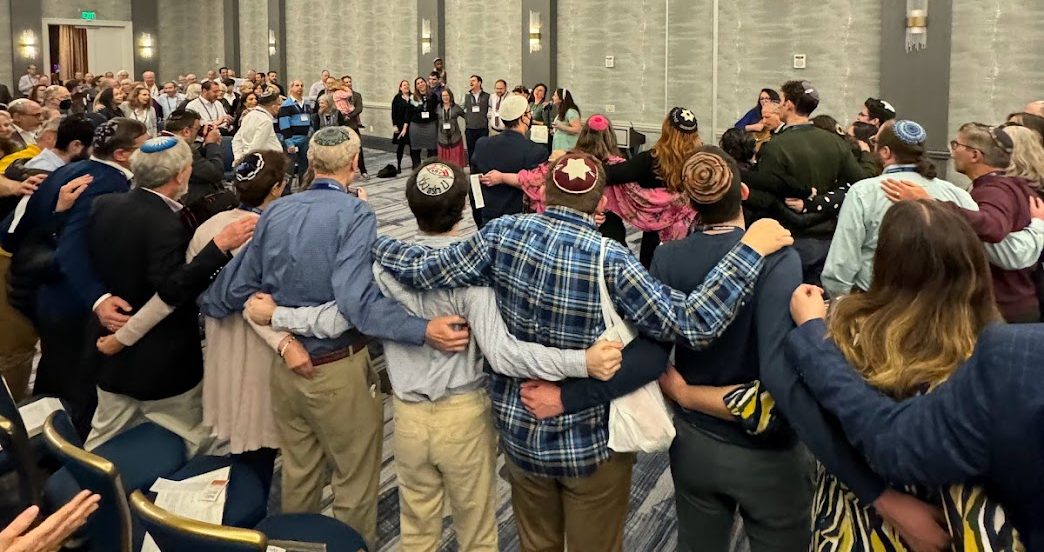
“But I am Caucasian, kiddo. In the U.S. census I am, for good or bad, counted as Caucasian.” -Philip Roth, The Counterlife
One day, Jack Hauck, the founder and CEO of St. Louis based company called Tubular Steel, brought a group of consultants to help overcome toxic infighting on his management team. During the first meeting, the consultants asked the senior team to consider the following statement: “As far as I’m concerned, the problem is me.”
Hauck, eager to solve his team’s problems but blind to his role in perpetuating them, thought this exercise was brilliant. He then proceeded to tell the consultants that he was going to get posters of this statement to place around the office to signal this new culture. And the CEO pointed his finger at his senior team and “Don’t forget. As far as you are concerned, the problem is you!”
This story is an anecdote from The Outward Mindset, a book published by The Arbinger Institute, one of the most important conflict resolution institutes in the world. The foundational idea behind Arbinger’s work is the idea of self-deception, the “problem of not knowing that I have a problem,” the “willful blindness to our own part in the problems we face.”
I am a somewhat regular contributor to eJewishPhilanthropy, and wanted for some time to write a piece on racism and white privilege. And yet I struggled for months to write a piece I felt comfortable with because of one roadblock: my own racism.
To be clear, I stand with Black Lives Matter as an ally, run an organization whose teen leaders raised over $20,000 in under 48 hours to donate to racial justice organizations, participate on a team planning a conference for Conservative synagogues on racial justice, and spent summer immersed in reading authors such as Isabel Wilkerson, Ibram X. Kendi, and Ijeoma Oluo. And in spite of my genuine desire to be an ally, I spent most of the summer incredibly uncomfortable with how I, a privileged, white, heterosexual, male can both recognize that I am part of the problem while also do the work and be part of the solution.
This discomfort is the focus of this article, and about how calling upon one of Judaism’s most transformative concepts provided me into a window into my racism, and how I might take small steps to be a force for anti-racism.
Virtue vs. Virtue Signaling
In full disclosure, I put no stock in those who want to argue with me about whether or not systemic racism exists (read this chart, look at the data, and then get back to me. Thoughtfully inquire about the cure, but do not ignorantly dismiss the disease). I treat systemic racism as a given, “stamped from the beginning,” as Professor Kendi would say, in American society.
However, what gnaws at me about racism is the question of whether or not I am willing to make such a statement because I looked inward and started to address my racism, or whether or not I just want to show others that I am better than “those people” whom I feel have not.
The word for this behavior is “virtue signaling,” coined in an article by James Bartholomew in 2015. Dictionary.com defines virtue signaling as “the sharing of one’s point of view on a social or political issue…in order to garner praise or acknowledgment of one’s righteousness from others who share that point of view, or to passively rebuke those who do not.” Urban Dictionary is even less charitable, defining virtual signaling as taking “a conspicuous but essentially useless action ostensibly to support a good cause but actually to show off how much more moral you are than everybody else.”
No person is free from virtue signaling, particularly in an age of social media. And in certain ways, virtue signaling is important, even noble. Yet I began to question whether or not I was excessively virtue signaling on issues of systemic racism when I read a powerful piece in The Washington Post by Tre Johnson attacking a seemingly innocuous, personally appealing, and frequently common occurrence: the anti-racism book club. Regarding this, Johnson writes,
“…when things get real – really murderous, really tragic, really violent or aggressive – my white, liberal, educated friends already know what to do. What they do is read. And talk about their reading. What they do is listen. And talk about how they listened.”
Johnson’s point is not that something is wrong with reading or listening per se, but rather that, “making up for past wrongs means starting with the fact that you’ve done wrong in the past, perhaps without realizing it at the time: in the old workplace, neighborhood, classroom, softball field. Maybe even the book club.”
And so rather than write or read, I began thinking about the sins that I have committed as a racist in a racist society, and it did not feel so good. I once wrote about the first time someone called me a racist, but the list goes much further. I went to diverse public schools from kindergarten through grade 12, and never made a significant friendship with a person of color. Almost twenty years later, I still have no significant relationships with people of color outside of a service capacity, what Isabel Wilkerson would call my persistent place in America’s caste system. I barely notice the fantastic civil services I receive on the progressive Upper West Side as opposed to the neglect on everything from grocery stores to trash cans only a mile or so away. And two times during my final year of rabbinical school, African American colleagues civilly pointed out how comments I made could be construed as racist, at which point I took offense with the textbook tropes of what I would later learn Robin DiAngelo terms “white fragility.”
I am a part of the problem. I am racist. Yet what am I prepared to do about it?
Teshuvah And The Path to Anti-Racism
Of course, admission is necessary, not but sufficient. Recognizing that I am racist is important, but does little to help people who are dying every day; however, it does mean that I see the problem through a new lens. And I would like to suggest the following principle to all my white Jewish friends who would like to make a difference: More Teshuvah, Less Virtue Signaling.
Teshuvah, repentance, is Judaism’s answer to The Arbinger Institute’s challenge that we avoid self-deception. If we focus first on the fact that we are in a box where “as far we are concerned, the problem lies with me,” we begin to interact with others in a different way. We begin to look inward, change our behavior, alter our choices, and eventually our attitudes. And if we give others a permission space to do the same, we begin to create systemic change.
In Judaism, teshuvah is not meant to be safe, a place for book clubs and social media posts. Teshuvah is dangerous. In his Shaarei Teshuvah, Rabbi Yonah ben Avraham Gerondi, more commonly known as “Rabbeinu Yonah,” writes that when real teshuvah takes place,
“…this man in a brief moment has emerged from deep darkness to great light, for at the moment that he listens and attends and his heart understands and he repents, and he accepts from that day he hears the words of the one who reprimands him, and he accepts upon himself from that day forward to do as he is taught by those that grasp Torah … he has accomplished teshuvah and has been changed into a different man” (2:10).
Reading this text, I cannot say that I went through any magical journey where I feel ready to say that I am a different man. But just saying the words “I am racist, the problem lies with me” is a transformative moment, for it sends the message to myself that I am accountable, I am responsible, and I cannot look away.
Furthermore, teshuvah is inward-oriented and action-oriented. I first recognize my racism, admit that it exists, and do my best to change my character. But as teshuvah is only complete if a person has the opportunity to do the same sin again, and chooses not to. And thus while I am always potentially falling back to my racism, I have the chance every day to choose anti-racism.
And this idea gives me hope that I can change, and have it mean something.
We Are What We Strive To Be
When thinking about systemic racism, the problem can seem so big that a person knows not where to begin. And, of course, I could waste time trying to deflect responsibility and look away, pointing out that my ancestors did not own slaves, belong to the KKK, and so on. I would not be the first.
And yet Isabel Wilkerson points out in Caste: The Origins of Our Discontent, that making this choice is like living in a house whose foundation is crumbling while refusing to fix it. She writes:
“Choose not to look … at your own peril. The owner of an old house knows that whatever you are ignoring will never go away. Whatever is lurking will fester whether you choose to look or not. Ignorance is no protection from the consequences of inaction. Whatever you are wishing away will gnaw at you until you gather the courage to face what you would rather not see” (15).
The late Reb Zalman Shachter-Shaloml taught that the sound of the shofar is like a “primal scream,” a return to a raw confession of sin and pain. Today, we need not look far to see pain right in front of us, to say nothing of the pain that persists over generations, a never-ending Egypt.
I refuse to let myself off the hook. I know the problem lies with me; I make no claims on whether or not the problem lies with you. This Rosh HaShanah and Yom Kippur, I strive to fight my racism. The problem may lie with others, but for now, I will simply say that the problem lies with me.
All I ask is that you take these weeks to ask if perhaps the problem lies with you, too.
Shanah Tovah Umetukah.

